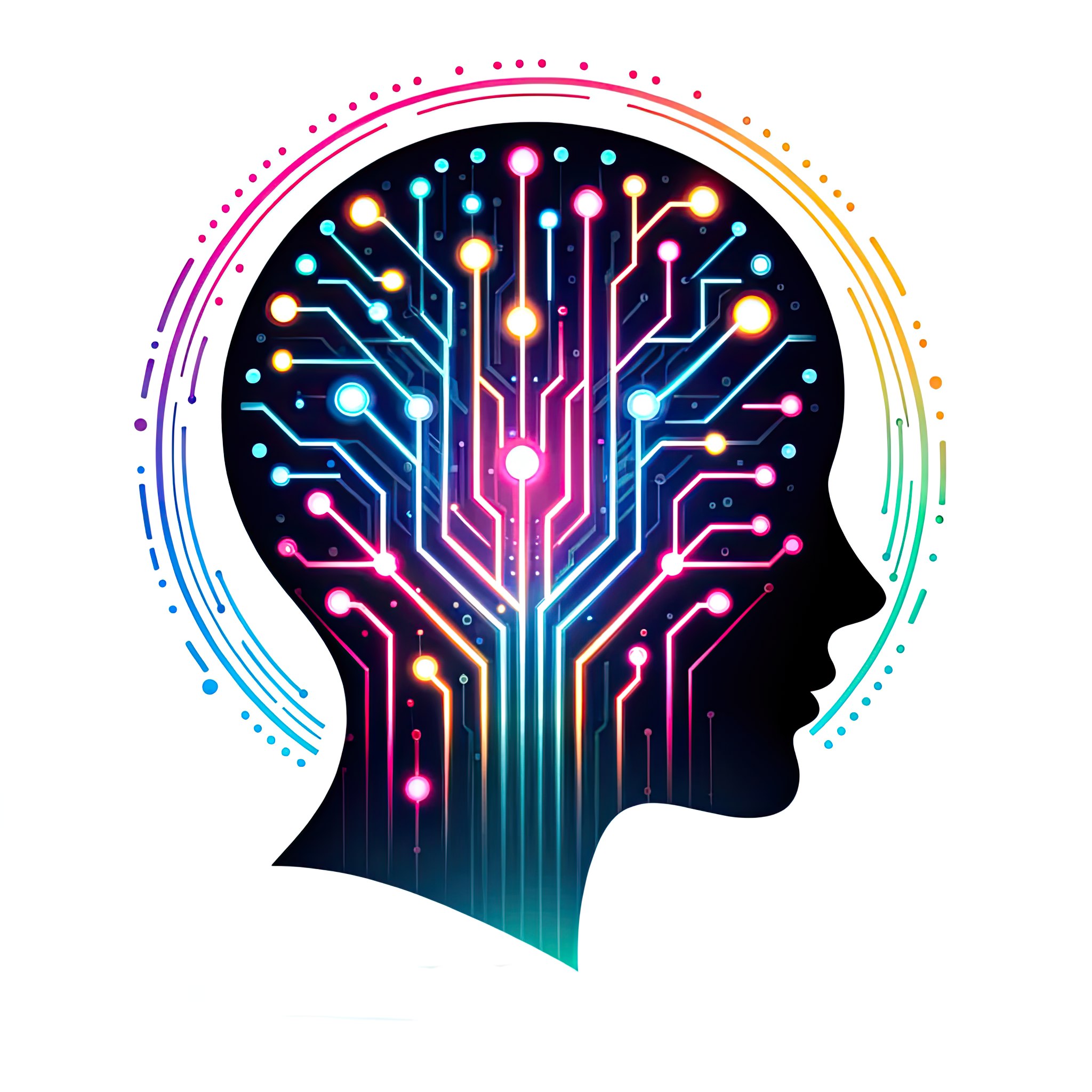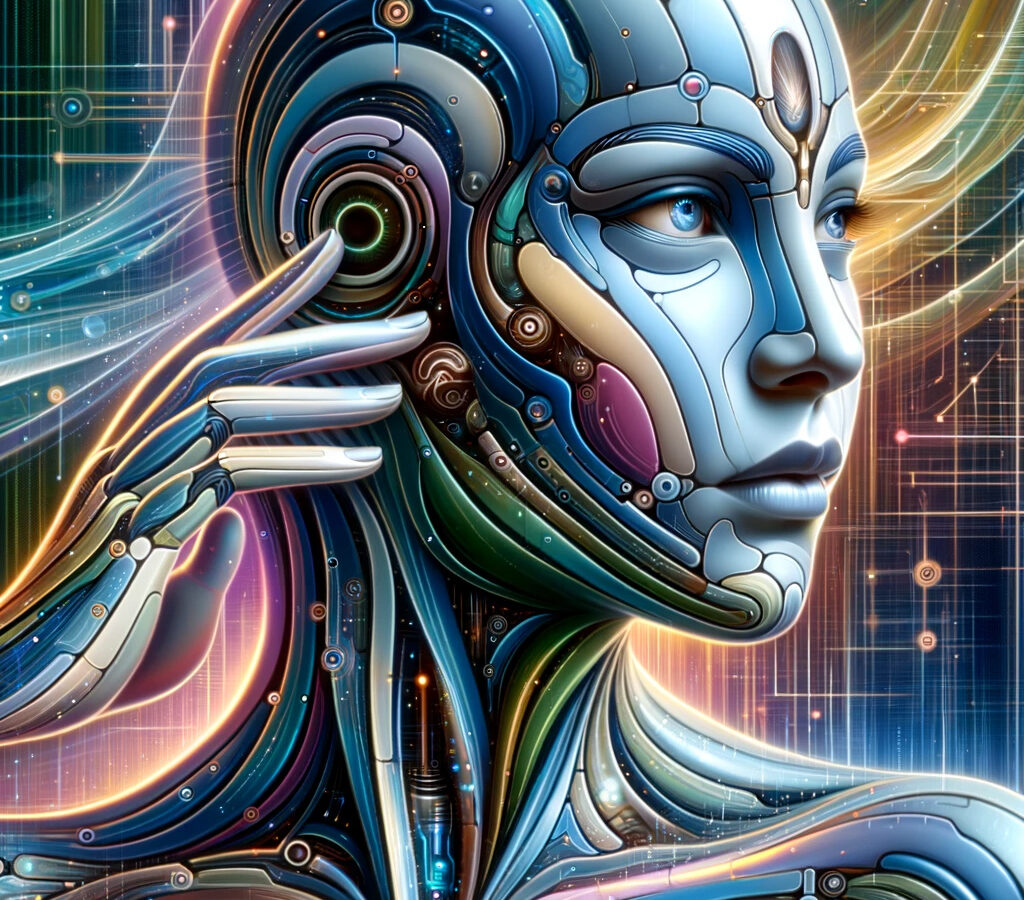Predicting the future of human evolution over the next thousand years is a venture that stretches the boundaries of our current scientific understanding and imagination. This comprehensive essay delves deeper into the myriad of factors that could shape our species in the year 3023, examining the interplay of genetics, technology, environment, and society in the evolutionary narrative of Homo sapiens.
1. Advanced Genetic Engineering: Beyond Natural Selection
The field of genetic engineering is poised to redefine the boundaries of human evolution. Techniques like CRISPR and its future advancements could allow for precise genetic modifications, enabling us to bypass the slow processes of natural selection. We could see the emergence of ‘designer genes’ tailored to enhance physical abilities, cognitive skills, or adaptability to new environments. This directed evolution, however, raises critical ethical concerns about genetic inequality and the essence of human identity. The potential to eradicate hereditary diseases or to extend human lifespans significantly will challenge our current socio-ethical frameworks.
2. Synthetic Biology and the Creation of New Life Forms
Synthetic biology could lead us into an era where humans don’t just modify existing organisms but create entirely new forms of life. This might include bespoke microorganisms designed to support human health or even entirely new human-like species. Such advancements would have profound implications for our understanding of life and evolution, potentially blurring the lines between natural and artificial life forms.
3. Human-Machine Integration: The Cyborg Era
The integration of technology into the human body is likely to progress beyond wearable devices to more intrinsic connections, such as neural interfaces and cybernetic enhancements. This symbiosis between man and machine could lead to a new phase in human evolution, where biological and digital systems merge, enhancing cognitive and physical capabilities. The long-term evolutionary impacts of such integration remain speculative but could range from enhanced memory and intelligence to new forms of communication and perception.
4. Environmental Adaptation: Climate Change and Beyond
The ongoing and future impacts of climate change are likely to be a significant driving force in human evolution. As Earth’s climate continues to change, humans might develop traits to better tolerate extreme weather conditions or diminished resources. If space colonization becomes a reality, this could lead to divergent evolutionary paths for space-faring humans versus those remaining on Earth.
5. Societal and Cultural Influences on Evolution
The evolution of human society and culture, particularly in a technologically advanced future, could lead to new selective pressures. In a world where virtual reality might become as common as physical reality, and where AI and machine learning influence daily life, social structures and cultural norms will evolve, potentially favoring traits that are best adapted to these new realities.
6. The Unpredictability of Evolution
One of the most significant challenges in predicting future human evolution is the inherent unpredictability of both biological and societal changes. Unforeseen events, such as global pandemics, technological breakthroughs, or major sociopolitical shifts, could radically alter the course of human development in ways that are impossible to forecast accurately.
7. Ethical and Philosophical Considerations
As we venture into these new realms of biological and technological evolution, the ethical and philosophical questions become more complex. The definition of what it means to be human, the rights of genetically or cybernetically enhanced individuals, and the implications of creating or altering life forms are issues that will require deep contemplation and careful governance.
Conclusion
Looking towards the year 3023, the future of human evolution appears to be an intricate tapestry woven from the threads of genetic engineering, technology integration, environmental adaptation, and societal change. While it’s impossible to predict with certainty how these factors will interact and evolve, it’s clear that the next thousand years could witness profound transformations in the human condition, challenging our current perceptions of humanity, ethics, and our place in the natural world. This journey into the future, while uncertain, promises to be one of the most extraordinary chapters in the ongoing story of human evolution.
All images and all text in this blog were created by artificial intelligences

